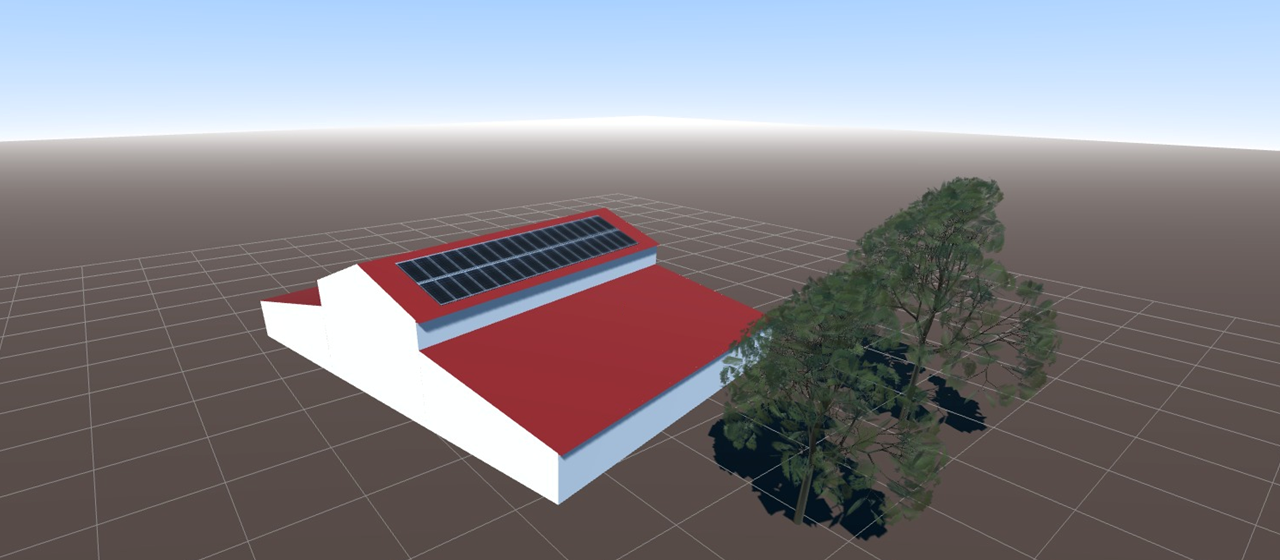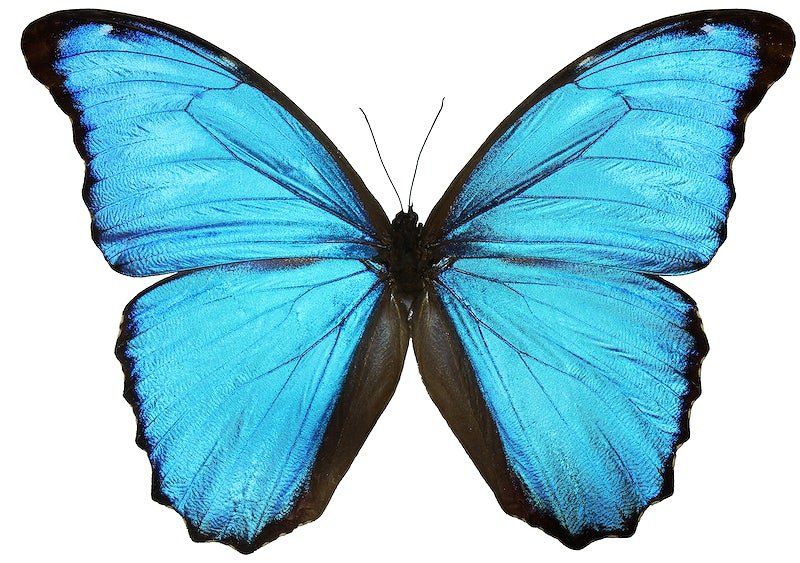
Green uplift, pollinators and forests

THE VILLAGE HALL GREEN UPLIFT PROJECT: WHY?
An ambitious plan for our Memorial Hall calls for solar panels on the roof, improved insulation and fans to ensure that the heat stays where people can feel it. This is a state-of-the-art proposal designed to reduce the carbon footprint of the hall (probably the biggest building in the village) but also to reduce its energy bills, which are the single largest cost of running the hall. That alone will cost some £60,000 and there’s also a desire to upgrade the stage lighting and lighting of the tennis court, which would bring the project to roughly £100,000. That’s daunting.
It is going to take a lot of grant applications and fundraising to make this happen.
It definitely can’t happen without your contribution – not just money but ideas for ways to raise money locally.
But if you have fun, creative ideas for community fundraising, let us know and we’ll see what we can do to help. Let’s do our best for the hall not just for today – but for the future.
So why do it?
MONEY SAVED on energy bills could mean all kinds of things: more, better attractions, lower prices, improved facilities.
LESS RISK As the world moves towards renewables, energy from fossil fuels is likely to become more expensive; that could jeopardise the hall’s financial sustainability. So converting to solar now helps secure the Hall for future generations.

HAVING FUN WITH POLLINATORS

In the last 20 years, according to David Attenborough, the UK has lost 60% of its flying insects. Right now, Britain is one of the most nature-depleted countries in the world. And that isn’t just in cities; in fact research from Bristol University shows that many of our urban centres are more biodiverse now than the countryside! You might not miss mosquitos, but the insects we are losing pollinate our wildflowers and our crops. So we need them for our food supply.
But we can change this! On Saturday 15 July between 11 and 4, the village hall will be taken over by everything to do with pollinators:
· Make your own bee and bug boxes
· Take home some pollinator plants
· Hear talks from wildlife experts on why
wildflowers and bugs are so important
· Go on guided nature walks
· AND ALL FOR FREE!
So please – put the date in your calendar now and help us restore the natural richness and diversity of our British countryside.

Find out all about the secret lives of pollinators
Free plants and seeds
Free bee and bug boxes
Nature walks and talks
Free for all ages
Memorial Hall
Farrington Gurney
Saturday July 15. 11 – 4
And if you’d like to volunteer to help out, please get in touch
GO WILD IN JUNE
The Wildlife Trust is made up of lots of local Wildlife Trusts – and we are just on the boundary of two of them: the Somerset Wildlife Trust and the Avon Somerset Trust.
Their main job is to look after nature reserves—and there are more of them in the UK than there are branches of McDonalds!!
In June they are running 30 Days Wild: challenging us to do something wild every day of the month.
It could be having breakfast with the birds or counting butterflies one day, birds the next. Or download the iNaturalist app and learn to identify all the nature around you.
We know that being in nature is good for our mental and physical health – so 30 Days Wild is good for everyone.
There’s a ton of inspiration if you join in
And if you manage to stay wild for the full month … write to us and we’ll write up the story!
FARRINGTON GURNEY GOES TO BATH
A FOREST OF IMAGINATION
In the next few weeks, the 250 year old beech in Farrington Gurney that had to be taken down due to disease will move to Bath where it will be turned into a forest of imagination.
This amazing project is being produced by Bath Spa University, architectural firm Feilden Clegg and Bradley, the National Trust, artist Morag Myerscough and the Royal Society for the Arts. As well as the forest itself, there will be a series of talks from artists and nature experts from around the world, a huge educational project for schools and a café. It will all be open to the public for a month.
PLASTIC ART
Mark Cassidy recently went to Lacock to see the Plastic Art exhibition by artist Mandy Barker. All of these amazing images were created using plastic debris collected from around the world. They were created to encourage all of us to think differently about the plastic we use and discard – and to inspire schoolchildren to make their own works of art. Though of course, you don’t have to be a child to do it….
BOOKS FOR THE PLANET
RAVENOUS: How to get ourselves and our planet into shape by Henry Dimbleby
We spend £3.9 billion on confectionary, compared to £2.2 on fruit and veg! That’s bad for us and bad for the planet. But Henry Dimbleby (who started the healthy fast food chain LEON) makes a compelling case that it doesn’t have to be this way. We can eat better, be healthier and improve the planet. Dimbleby shows how and why we get lured into eating what we don’t need and how we could all live healthier lives. It isn’t a ticking off; it’s an inspiration.
AN ATLAS OF ENDANGERED SPECIES by Megan McCubbin
You probably already know that tigers and giant pandas are at risk—but so is the garden dormouse! This book tells the stories of 80 endangered species and the work scientists do to try to save them. It is packed with exquisite illustrations – a treasure for any natural history lover – and it’s written in a wonderful accessible style, suitable (according to one 8 year old) for anyone between the ages of 8 and 108!
THE GOLDEN MOLE by Katherine Rundell
A swift flies 2 million kilometres in its lifetime; that’s far enough to get to the moon and back twice – and then once to the moon. A pangolin keeps its tongue furled in a pouch by its hip. A Greenland shark can live five hundred years! The Golden Mole is a wildly funny, beautiful, moving book about the glories of the natural world. And the book is physically beautiful too, with illustration and gold-edged pages that make it a inspiring gift.
DONT FORGET: LITTER PICK ON 11 JUNE
@ 10AM; gather at Farrington’s Café for cakes and hot drinks!




